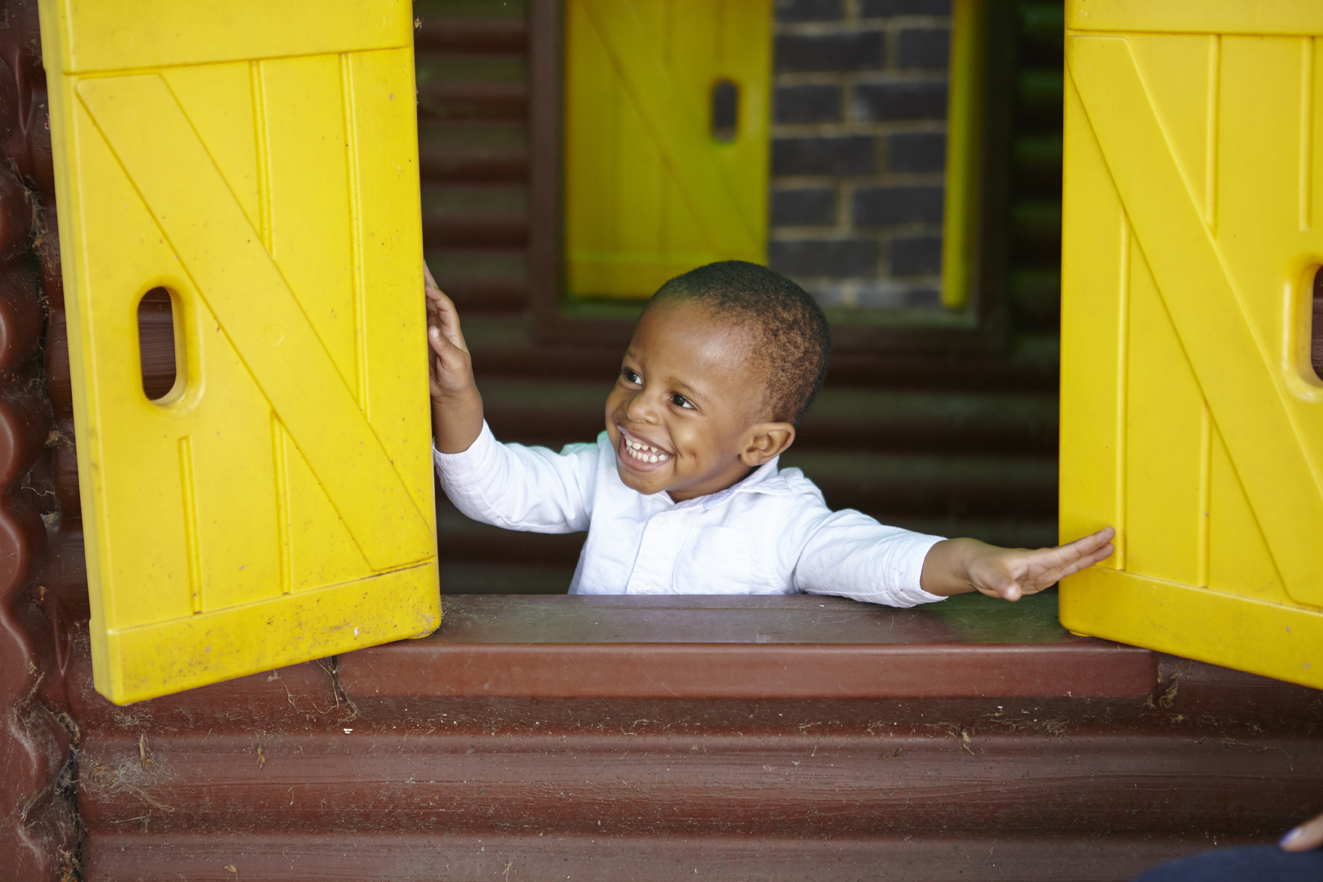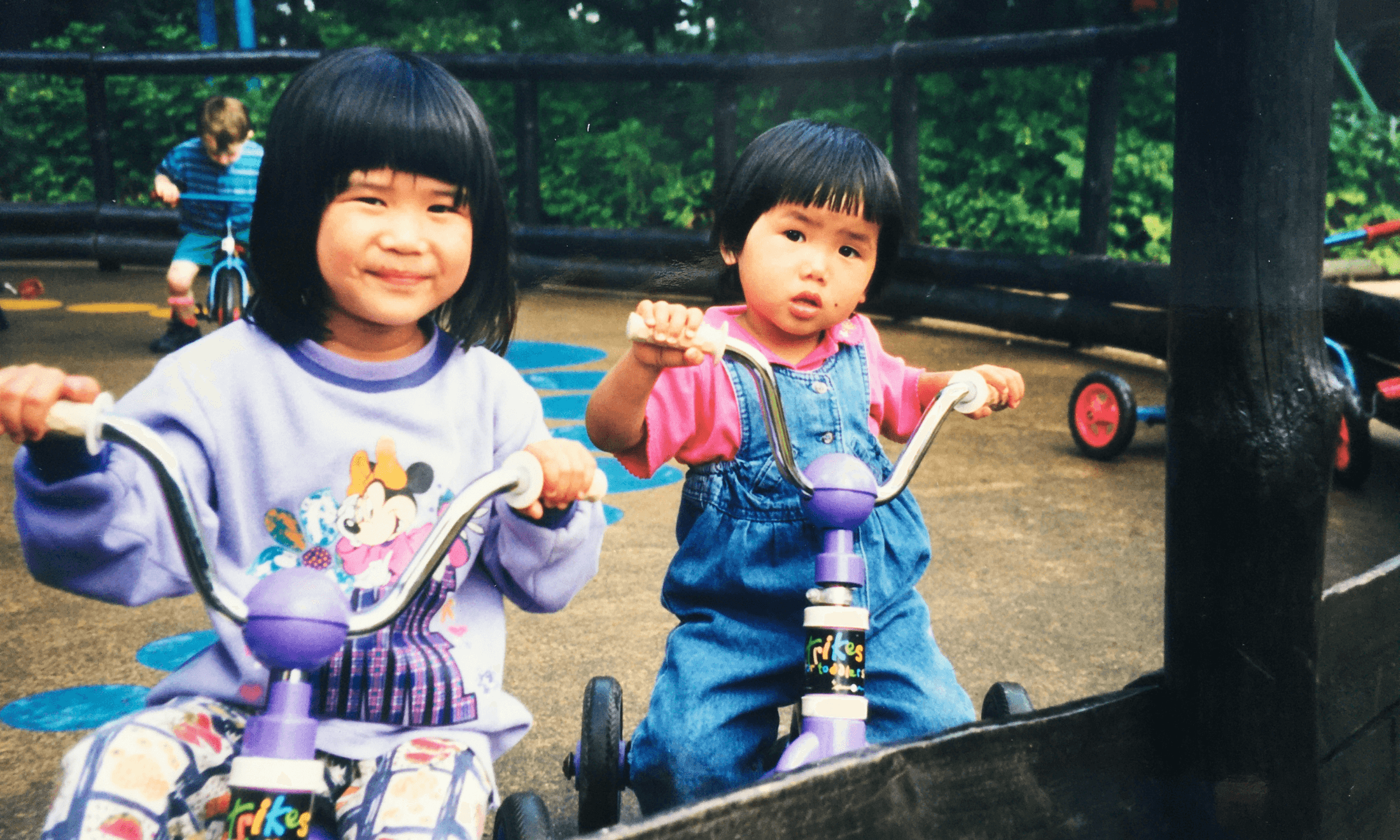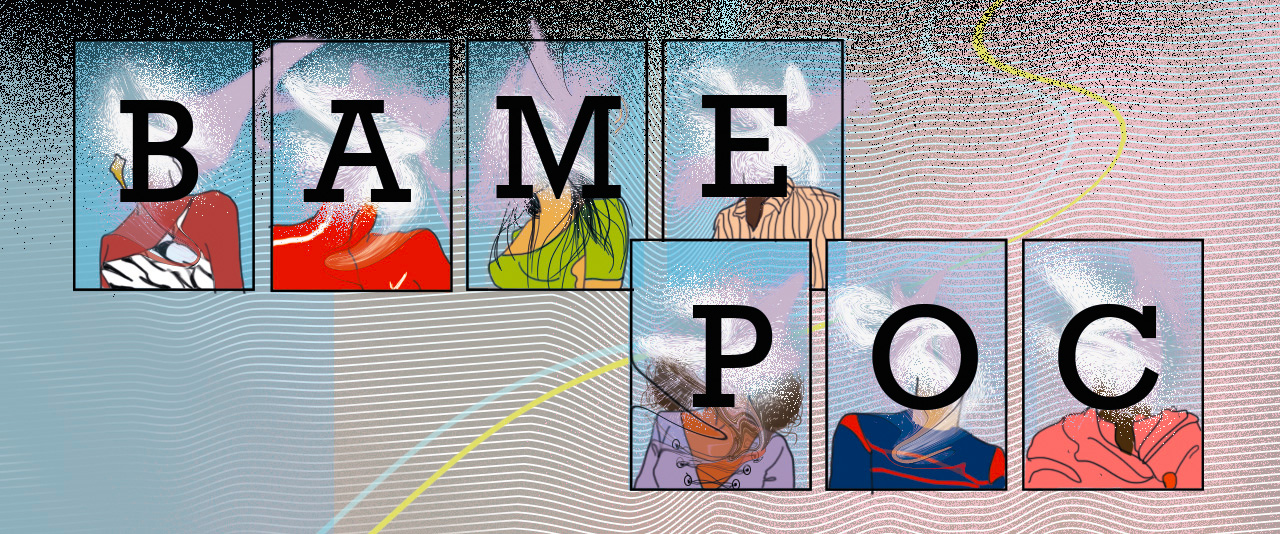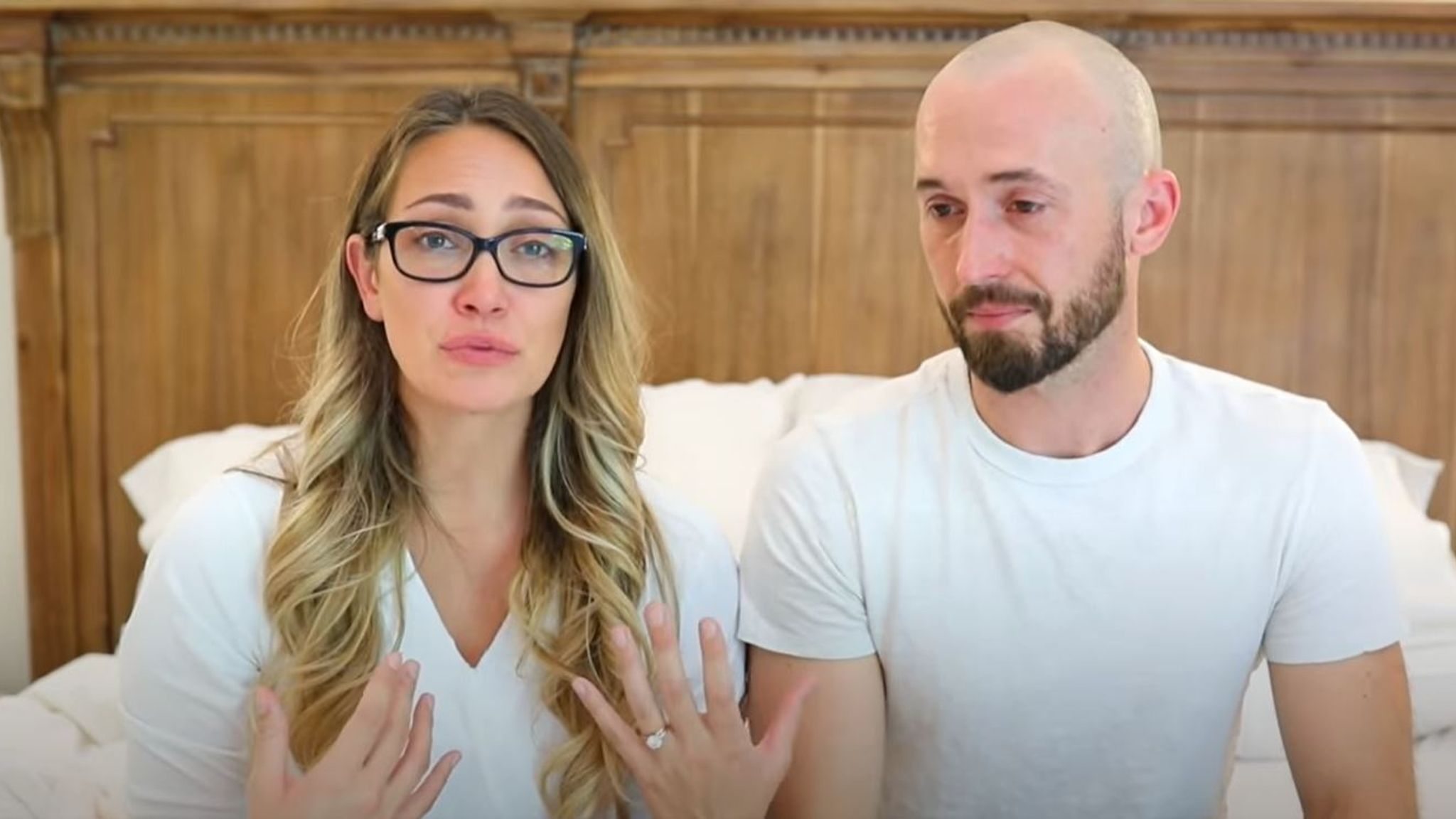
Image via Coram
Children in foster care currently outnumber adopters 3:1, and in London the majority of these children are from black or minority ethnic backgrounds.*
When children finally do get to the stage of being placed for adoption, some will be placed with families of similar cultural heritage, but many will enter families with different ethnic backgrounds to their own. Two mothers, Veronica and Katrina, talk about their experiences of BAME adoption.
When Veronica, along with her husband David decided to adopt, upholding their child’s heritage was something they kept in mind throughout the process. As a black couple, they explain this was one of the reasons they wanted to adopt a black child.
BAME children waiting to be adopted make up 30% of the national adoption register. In London, they make up 75%
“Adopting a black child was important to us” Veronica says. “We feel very comfortable to teach our son about his heritage and are best placed to support him with any challenges and issues.”
Through the charity and adoption agency Coram, they adopted their son, Ethan.
As of October 2018, BAME children waiting to be adopted make up 30% of the national adoption register. In London, they make up 75%.
While there is a diverse pool of adopters, there is still a need for greater diversity within it, especially among the BAME approved adopters. Although families and couples approved to adopt on the national adoption register make up 41%, more diversity is needed within this percentage to reflect the children awaiting adoption. Veronica and David are keen to advocate adoption within the BAME community:
“In our culture there tends to be a focus on getting married and having children and if any issues come up with this, adoption isn’t something that’s always considered”, Veronica says.
“I think we need to dispel myths around adoption. There are children who need a home and there are regular people out there ready to adopt. I think that’s something that everyone in our communities could resonate with.”
“Ethan has completed our family and it’s about letting others know that they can have this experience too.”
Like Veronica, Katrina also adopted a child from a BAME background, and talks about her experience adopting a mixed-race child as a white single adopter, and her approach to upholding her daughter’s cultural background.
“I have always made sure my daughter has access to racially diverse toys books and films etc. and she’s in a very diverse school. We are very open about race, she is currently reading a book about the Black Lives Matter movement and it’s something she’s keen to be aware about. I have helped support her in this and have told her that if she ever feels awkward talking about things with me there are friends and teachers she can talk to.
“I have not really been aware of any responses to our family unit from others, I could biologically be her mother so it’s never been an issue. The only thing others say rather tactlessly revolves around her hair. Questions about how she controls it. I made sure she had a great hairdresser and she’s really proud of her hair which she manages and does herself. My daughter’s heritage is important to her.”
“I wouldn’t underestimate the importance of having a dialogue about race. My daughter is very open about talking through hard issues with me. She has won awards at school for stepping in when someone has been bullied and when someone was racially abusive to another student. She is also passionate about combating homophobia and sexism. Having a daughter who is mixed race has made me aware of the representation and lack of representation on TV in books, films and toys; finding a doll that looked like her was a challenge, in the end I had to get one shipped from America. I think because we have an open dialogue it has never been an issue to come between us.”
Both Veronica and David and Katrina’s experiences are incredibly different, posing new challenges of how to uphold heritage in the families they started through adoption. But both families show the importance of having both a diverse pool of adopters, and also of adopters who will be open to conversations about heritage and race.
Last week Coram supported First4Adoption’s National Adoption Week campaign to try and encourage more people to consider adoption, and debunk adoption myths.
*Based on information in October 2018 from Adoption Match which operates the Adoption Register for England on behalf of the Department for Education www.adoptionmatch.org.uk









